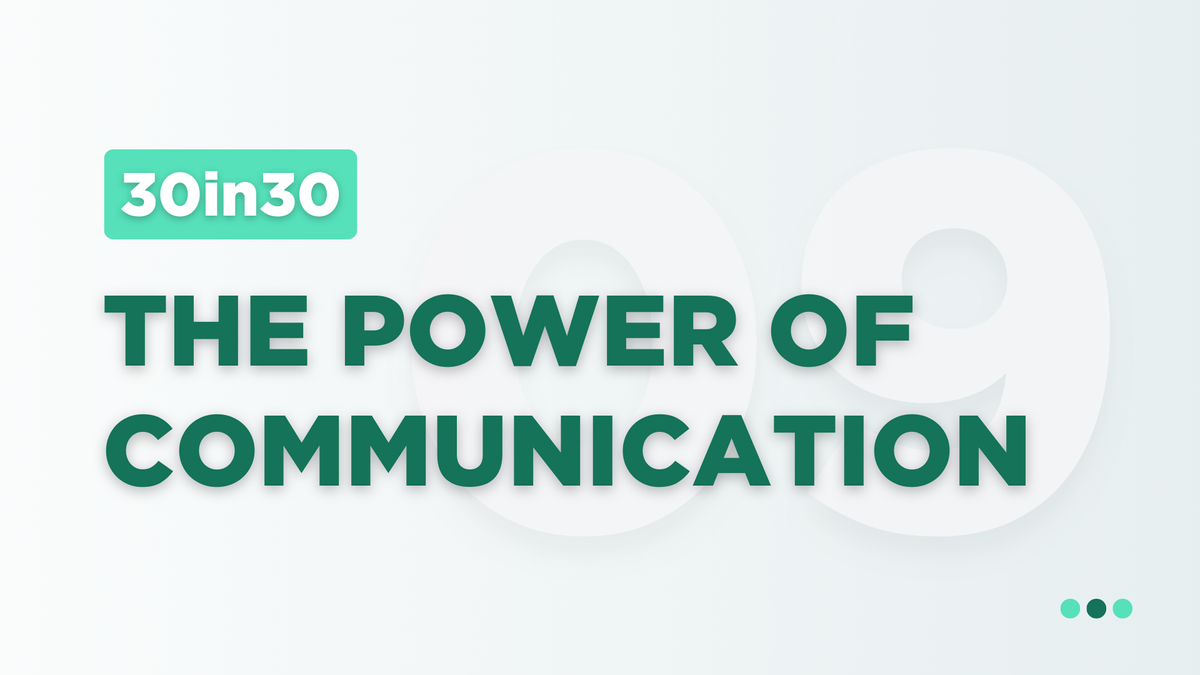The Feeling of Importance

Lesson 10: People Are Inspired Through Genuine Recognition.
In my Senior 5, I had the privilege of serving as the Head Prefect. During the handover ceremony at the start of my tenure, Trevor, my predecessor, gifted me a book that would profoundly shape my leadership journey—How to Win Friends and Influence People by Dale Carnegie. It was the first book I had ever received as a gift, and the first I read to completion. Looking back, I couldn’t have asked for a better resource, especially for the task that lay ahead.
One of the most profound lessons I learned from that book, and later through my own experiences, is the universal desire to feel important. Dale Carnegie beautifully explains how this innate human need influences behaviours, shapes decisions, and drives motivation. This understanding became a cornerstone of how I led, influenced, and related with others during my tenure.
The desire to feel important is neither superficial nor selfish; it’s deeply rooted in human psychology. It reflects a need for acknowledgment, respect, and validation. When people feel valued, they’re more likely to engage, contribute, and thrive in their roles. Whether in personal relationships or professional settings, recognizing and affirming others’ importance fosters trust, inspires loyalty, and encourages collaboration.
Conversely, ignoring this basic need can lead to resentment, disengagement, or even conflict. People who feel overlooked or undervalued may withhold their best efforts or disengage entirely. As leaders, colleagues, or friends, we wield incredible influence in affirming the worth of those around us. How can we best leverage this feeling of importance?
- Show Genuine Appreciation and Recognition: Acknowledging someone’s efforts or accomplishments sincerely can have a profound impact. Praise doesn’t need to be grand or public; even small, private affirmations go a long way.
- Listen Actively & Attentively: One of the simplest ways to show someone they matter is by giving them your full attention. Listening without interrupting or judging signals respect and builds trust.
- Involve People in Decisions: Whenever possible, involve others in decision-making processes. This communicates that their opinions are valued and their contributions matter.
- Celebrate Uniqueness: Recognize and appreciate what makes each individual special. Celebrate their strengths, talents, and achievements in a way that feels personal and meaningful.
- Encourage Growth: Show interest in people’s goals and aspirations. Offering opportunities for growth or simply supporting their journey reinforces their sense of importance.
- Use Their Name: A person’s name is a key part of their identity, and it is said to be the sweetest sound someone will ever hear. Using it respectfully and correctly reinforces their sense of value.
- Give Them a “Fine Reputation to Live Up To”: Encouraging positive behaviour by emphasizing someone’s good qualities is a good way to set high expectations for them.
The need to feel important is universal, but it’s also personal. What makes one person feel valued might differ for another. By cultivating a habit of intentionally affirming others’ worth, we create spaces where people feel seen, heard, and empowered to give their best.
So,
How will you be more intentional about valuing those around you?
In case you missed lesson 9, you can read it here.


